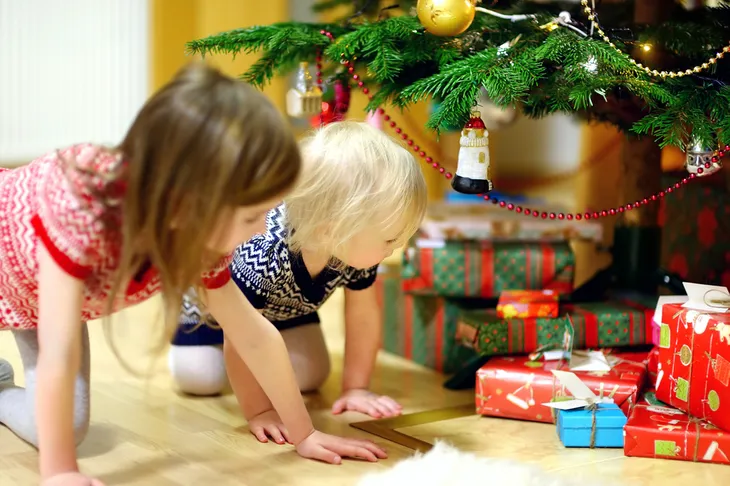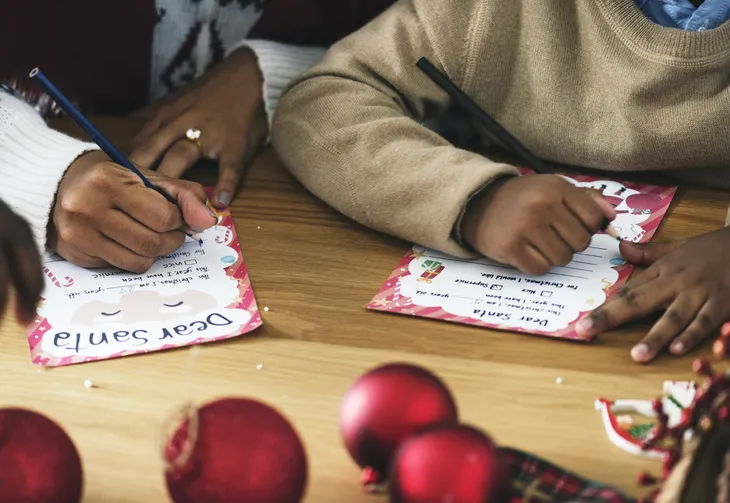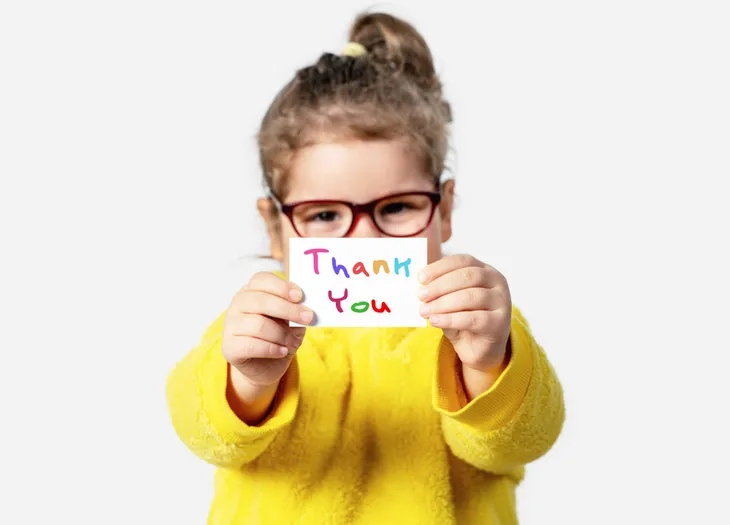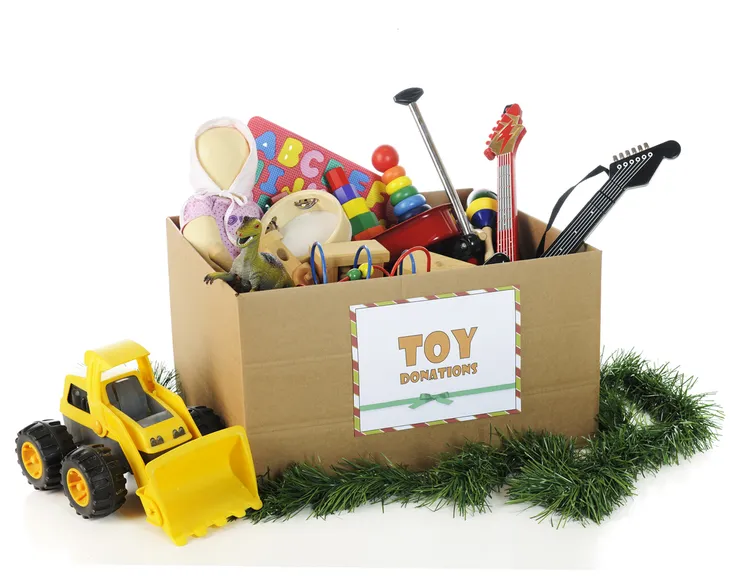The holiday season is when all the of the major toy manufacturers launch their newest “must have” item, and leave parents in a hurried frenzy trying to get the last one in stock so they don’t have to see little faces of disappointment on Christmas morning.
But while you may be pulling out all the stops to get this year’s biggest toy craze or forking out big dollars on resale sites, you might also be setting up your kids to expect whatever they ask for. You can have smiling faces on Christmas morning without maxing out your credit cards, while teaching your kids to appreciate what they receive.
We’re not saying you shouldn’t treat your kids a little, but here are six tips how to not spoil your kids this Christmas…
Limit the Number of Gifts
If your little one has handed you a long list of things they want (to forward on to Santa, of course), then you might want to focus on the items that you know will really put a smile on their face. Think quality over quantity.
Today’s Parent magazine explains that kids can become spoiled by the sheer number of gifts with their name on it under the tree, many of these that they’ll only be interested for a few minutes on the special morning. It’s a problem “when they focus more on opening presents rather than with what’s inside,” explains the site. So focus on a few bigger-ticket items near the top of the list, and cross your fingers they’re affordable.
Set Them Up Ahead of Time
It may be wise to explain to your little ones well in advance that Santa is a busy guy that won’t have time to fulfill all of their wishes, explains AnxietyHouse.com. In this article from the source, it refers to parents that talk to their child all year about expectations surrounding Christmas.
The advice they give their child is that making a long list is futile, as Santa likely won’t be able to come through with all of them. That’s why it’s important to have your child think through about what they really want (within reason) and focus on getting those—hopefully before the holiday rush takes over.
Tell Relatives Not to Overdo It
While you can curtail how many gifts you give your little one, you sometimes can’t predict what relatives will do. While they’re just trying to show their affection and love through exorbitant gifts, they may inadvertently be raising the bar that you can’t meet.
It may be wise to send a general memo out to all close relatives around the holidays and ask they limit their spending on junior. They may be a bit disappointed, but on the other hand, you might’ve just saved them a bunch of money and you still come out looking like the hero for taking care of the bigger ticket items.
Teach Them to be Grateful
This is probably the true antidote to spoiling your kids, but teaching your child to truly appreciate what they’re getting will go a long way—at Christmas and for the remainder of the year. This means promoting a sense of “wow, this person bought me a gift” rather than “what is this person going to buy me?”
So if your little one opens a gift they don’t really want, it’s important that they still appreciate the gesture (and thank grandma or whoever gifted it to them). And who knows, the gift they didn’t want (because it wasn’t on their list) may be the one that ends up giving them the most satisfaction and long-term enjoyment.
Teach Kids Not to Compare to Others
Most parents dread hearing the stories from their child about all the other cool gadgets their friends got, with a “why didn’t I get that?” This can be a big challenge for many parents, who feel like they’ve let down their kid by spending less than other more well-off parents.
However, remind your child that some kids get a lot less than they do, while millions of children around the world get nothing. Remind them that the amount of gifts they get isn’t the true measure of how much they’re loved—the real gift is having family that cares for them and pays attention to their needs year-round, not just the holidays.
Dedicate Gifts to a Toy Drive
To follow this theme of showing your child how lucky they are, you can participate in a toy drive as a family. “Getting involved with charity, by volunteering or donating, gets children to think outside of themselves,” explains Today’s Parent.
Taking part in charitable activities around the holidays can set the tone for giving all year round, and can help make junior less fixated on their own wants at Christmas. If you can find a volunteer position that involves your kids and connects them with those in need, it will give them a first-hand taste of how it feels to give.









